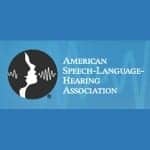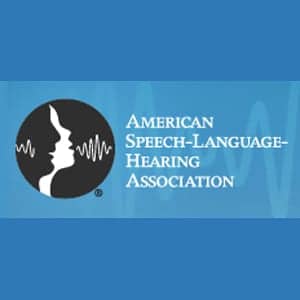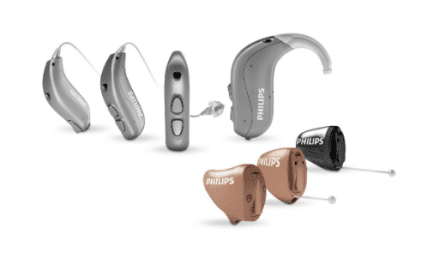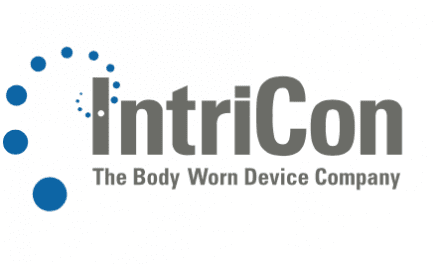
According to ASHA, during his oral remarks, DiSarno stressed the importance of audiologic intervention, stating, “It is the audiologist, with scientific, evidence-based methods of evaluation and rehabilitative treatment, who will ensure that the consumer gets value and benefit from a device that is used to amplify sound.”
As part of ASHA’s written comments, the organization requested that the PCAST take a more comprehensive view of hearing health care that addresses a hearing disability, rather than focus simply on an amplification device. On the basis of this more comprehensive review, the Council should make recommendations that consider evidence-based hearing health care practices that will improve affordable access to these services.
Media announcements around this issue stem from recent meetings held by the PCAST, which had been tasked to review accessibility and affordability of hearing aids. The recommendations outlined by PCAST in its report are said to be non-binding. As previously reported in The Hearing Review, the Institute of Medicine is also reviewing access to hearing health care services and is expected to issue a report on its findings. ASHA reports that it has been actively involved in these meetings.
Source: ASHA






Whether or not this comes to pass, those of us who are in private practice need to recognize why those who are pushing for over the counter hearing aids are looking at our patients and potential patients as being so ripe of an opportunity. Are we all really doing our best to give the patient themselves the most bang for the buck? Are we giving them a patient experience that they truly cannot get close to from an OTC product. As long as those two questions are able to be answered with strong “Yes!” responses by a private practice, I don’t think they will have anything to worry about.
After owning a hearing aid manufacturing firm and living through the Kessler years, I find this concept offensive and appalling. As it stands, our industry is the only one that requires a Federal and State return privilege. Yes, others have this however, it is their policy and not a regulatory mandate.
Recently, meaning the last several years, I have seen generic products offered in television ads and even at large drug retailers. One advertiser is no more than 3 miles from my home. In my state, (FL) it has been illegal to sell hearing aids by mail for as long as I can remember. However, I see no Federal or State enforcement of their laws. From a medical standpoint: In my last position with a big box retailer I tested 4 patients within two days that needed medical referrals. Total that week was 8 patients referred, and that was during a traditionally slow month. I hope this recommendation is never followed without the same safeguards now in place. If the FDA is going to toss out all the rules; how about getting rid of a mandatory return privilege.
After 45 years in practice this will be the first time I am agreeing with ASHA. This is the first time that I have seen ASHA actively support those of us in private practice. But, the main point is that here is an organization (PCAST) that does not know their…from first base and they are setting the rules! Why not let a butcher or gas station attendant sell hearing aids too? Come on, some common sense please!
I support ASHA’s opinion. ADA is trying to conditionally support it with modifications–that is the wrong approach. ASHA should refute this report and question the qualifications of this panel. They have no expertise in audiology and are totally unqualified. After Obamacare, how could anyone possibly believe this nonsense?